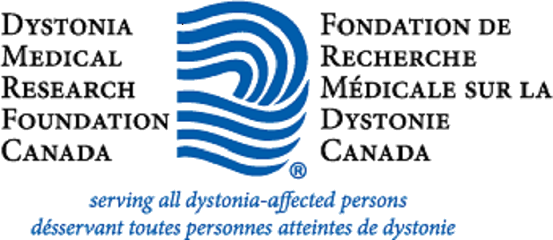Several DMRF grants were completed in 2007. Here are brief updates on the results of two of these investigations.
Cervical Dystonia—In 2006 Susan Fox, MRCP, PhD of Toronto Western Hospital, began a two-year study hypothesizing that the drug dronabinol may effectively treat cervical dystonia. The study suggests that a three-week course of dronabinol did not improve dystonia symptoms. It is unknown if a longer course of treatment might be beneficial. The drug caused few side effects and may have an application to treat dystonia-related pain.
Musician’s Dystonia –Eckert Altenmüller, MD’s work has revealed that musicians with focal task specific dystonia of the hand likely have a genetic predisposition, and that a significant number of musicians with dystonia have family members with subtle symptoms. Further molecular genetic studies are looking for common gene mutations. Preliminary results conclude that musician’s dystonia is not associated with DYT1 dystonia, but a connection to the DYT7 gene cannot be ruled out. The DYT7 gene is associated with adult onset focal dystonia isolated in a large German family.
